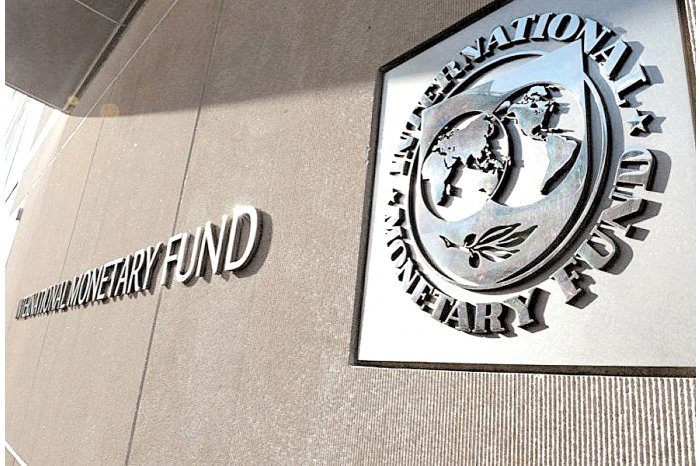Moldova to receive new tranche of 46 million dollars from IMF loan
15:16 | 21.09.2019 Category: Economic
Chisinau, 21 September /MOLDPRES/- The Board of Executive Directors of the International Monetary Fund (IMF) completed on 20 September the fourth and fifth evaluation of the Program of the Republic of Moldova, through the Extended Credit Facility and Extended Fund Facility. Thus, the Republic of Moldova can access the total amount of SDR 33.6 million (special drawing rights), the equivalent to 46.1 million dollars.
The Board of Executive Directors also approved the request of the Moldovan authorities to extend the program until March 20, 2020 and to modify the disbursement schedule, in order to allow the successful completion of the program.
Deviations from past policies have been fully corrected, the Board of Executive Directors noted, according to a perss release of the IMF.
The Fund notes that it is essential for authorities to promote prudent, well-coordinated macroeconomic policies and continue to implement reforms, in particular with regard to the definitive cleansing of the financial sector, improving governance, strengthening institutional frameworks and ensuring transparency and predictability in the energy sector.
The ECF / EFF program, amounting to 129.4 million SDRs (about 178.7 million dollars or 75 percent of Moldova's share of the IMF), was approved on November 7, 2016. The purpose of the IMF funding is to support the program of economic and financial reforms promoted by the authorities.
"The authorities have firmly taken the necessary measures to remove deviations from the program supported by the IMF and to achieve the goals of ensuring macroeconomic stability and advancing reforms. In the future, it is essential that the authorities continue to promote prudent policies and structural reforms aimed at strengthening the financial sector, maintaining fiscal sustainability and creating conditions for the coverage of social and infrastructure expenses, "said Mitsuhiro Furusawa, IMF Deputy Director.
According to him, significant progress has been made in implementing the reform agenda in the financial sector. Important measures have been taken to ensure the transparency of the shareholder and to comply with the stringent requirements in the banking sector.Progress has been made in improving supervisory and regulatory frameworks, eliminating large exposures of banks to their affiliated parties, and strengthening mechanisms to ensure financial stability.
By rectifying the budget for 2019, the authorities have created conditions for mitigating the budgetary-fiscal pressures. The decisive implementation of the measures adopted will play an essential role in ensuring the fiscal sustainability, ensuring the fiscal space necessary to carry out the priority projects.The cost of new initiatives needs to be carefully considered.Further efforts are needed to strengthen fiscal administration and ensure fiscal discipline, as well as rationalize tax expenditures and reduce the risks associated with state-owned enterprises and public-private partnerships.Strengthening public investment management will contribute to increasing the efficiency of public investments and developing public infrastructure.

